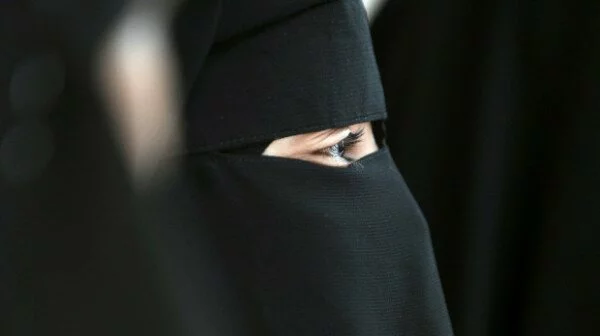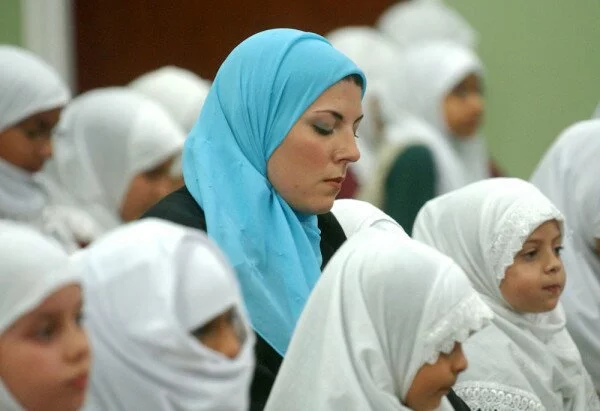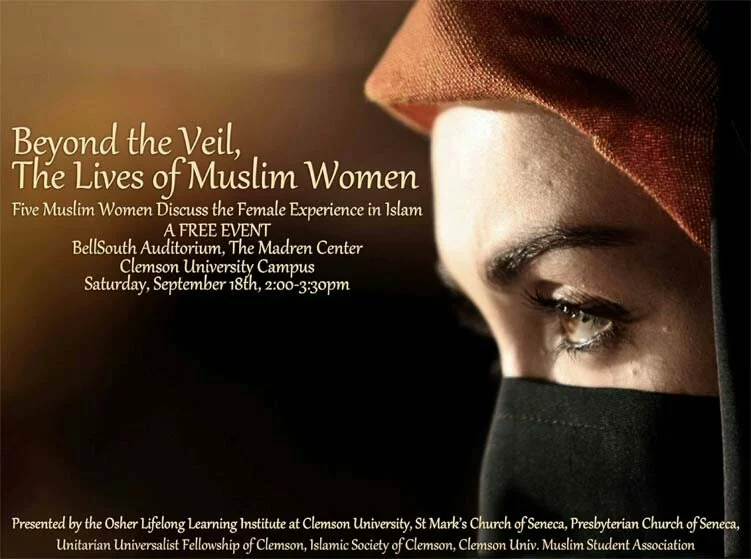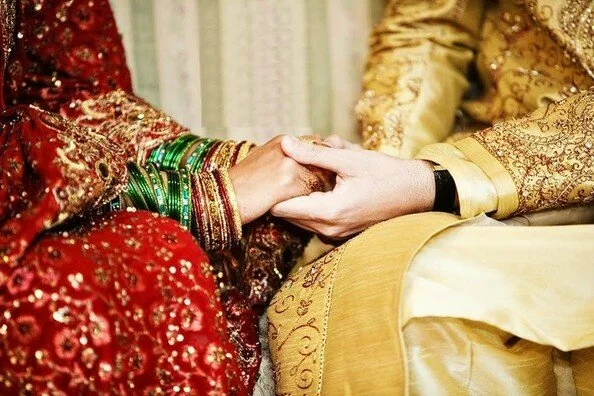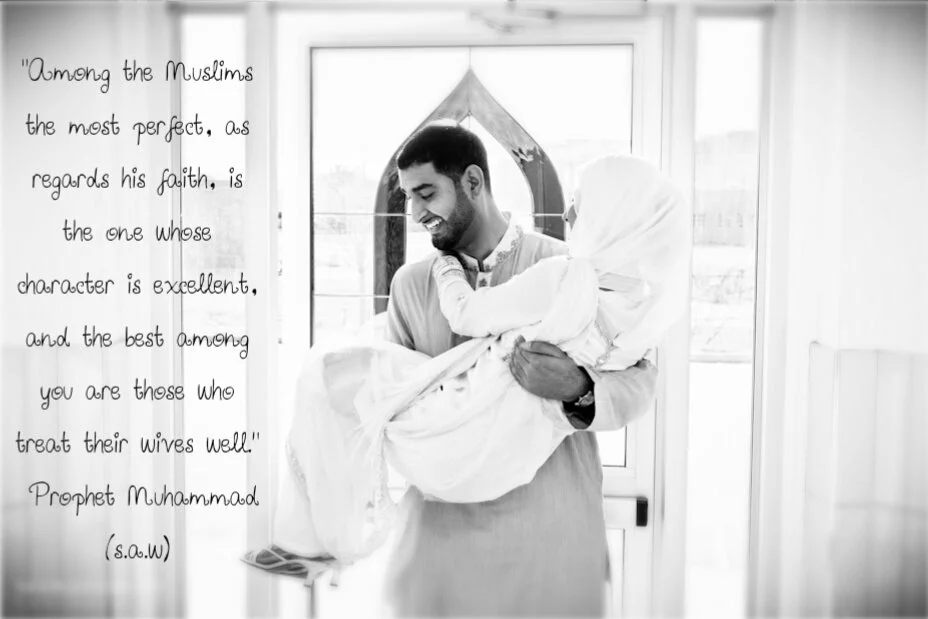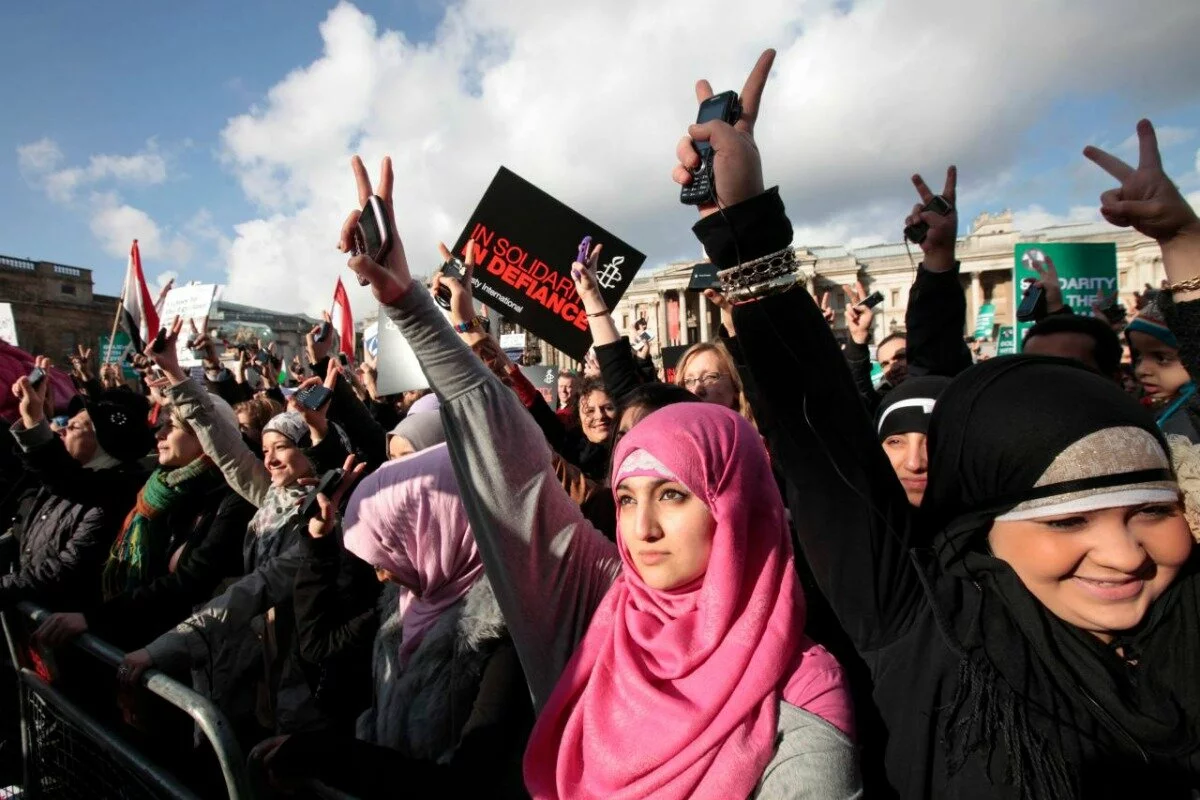
The Quran and Hadith shares equal rights of all men and women. Both have the right to be educated and to have the freedom of speech, choice and expressions. Today in the western world many people do not think positively about Islam. The western media has portrayed the image of Muslim women very badly. They claim that Islam does not allow the right of women to be educated or to work.
They claim that in Islam, women are treated as servants, but in reality, this is all false. Extremist groups such as Al Qaeda and Taliban have created such bad image of Islamic women. When they conquered Afghanistan, Iraq and upper areas of Pakistan, they destroyed all girls’ schools, colleges and universities.
They banned educated women working and banned them going out of the house without a male Mahram. In the Quran, it is mentioned clearly that men and women are equal, the prophet Muhammad Sallalaho Alayhi Wasalam has marked his words that men and women have equal rights to be educated and to have a job.
To erase this misconception of Muslim women being uneducated, this article will highlight some famous Muslim women in the history of the world. Way back in history in Prophet Muhammad Sallalaho Alayhi Wasalam’s time the prominent women were Ume-e-Aiman, Um-al-Fadl, Asma bint-e-Abibakr, Urwa, Asma bint-e-Umais, Ash-Shifa bint-e-Abdullah and Fatima bint-e-Qais.
The female warriors were Khwala bint al Azwar, Azda bint al Haris, Nusaibah bin Ka’ab, Umaimah bint-e-Qiyas,. Women scholars were Hazrat Ayesha, Asma binte-Abi Bakar, Zainab bint-e Abdullah, Hafsah bint-e-Umar and many more. Famous Muslim architects of those times were Safiyah, Banfsha bint Abdullah, Mariam bin Shams, and Al Udar al Kareema. Fatima al Fihri was the Muslim woman who founded the first university in the world, which is still present in Morocco, called University of Al Karaouine.
Razia Sultana ruled Delhi from 1236 to 1239, Shajarat ad-Durr ruled Egypt from 1250 to 1257. Benazir Bhutto was the first female prime Minister in the whole Asia region, and the first Muslim woman to be the Prime Minister. Dr. Qanta Ahmed is one of the best doctors known in the USA. Rabia Z is one of the most known Muslim Fashion designers, even among the western fashion world. She is known for her designs in the modest clothing.
Atife Jahjaga is the world’s youngest female president of Kosovo. Nana Asma’u was the princess of Nigeria, she was a poet and a teacher, and she worked for women to acquire education. Laleh Bakhtiar is an American woman, the first women to translate the Quran into English language. Anousheh Ansari is an American, the first female women to be in space. Many other famous Muslim women are great doctors, businessperson, politicians, designers, actors and singers. This shows that Muslim women are educated and they do have all the rights almost equal to those rights of a man.

